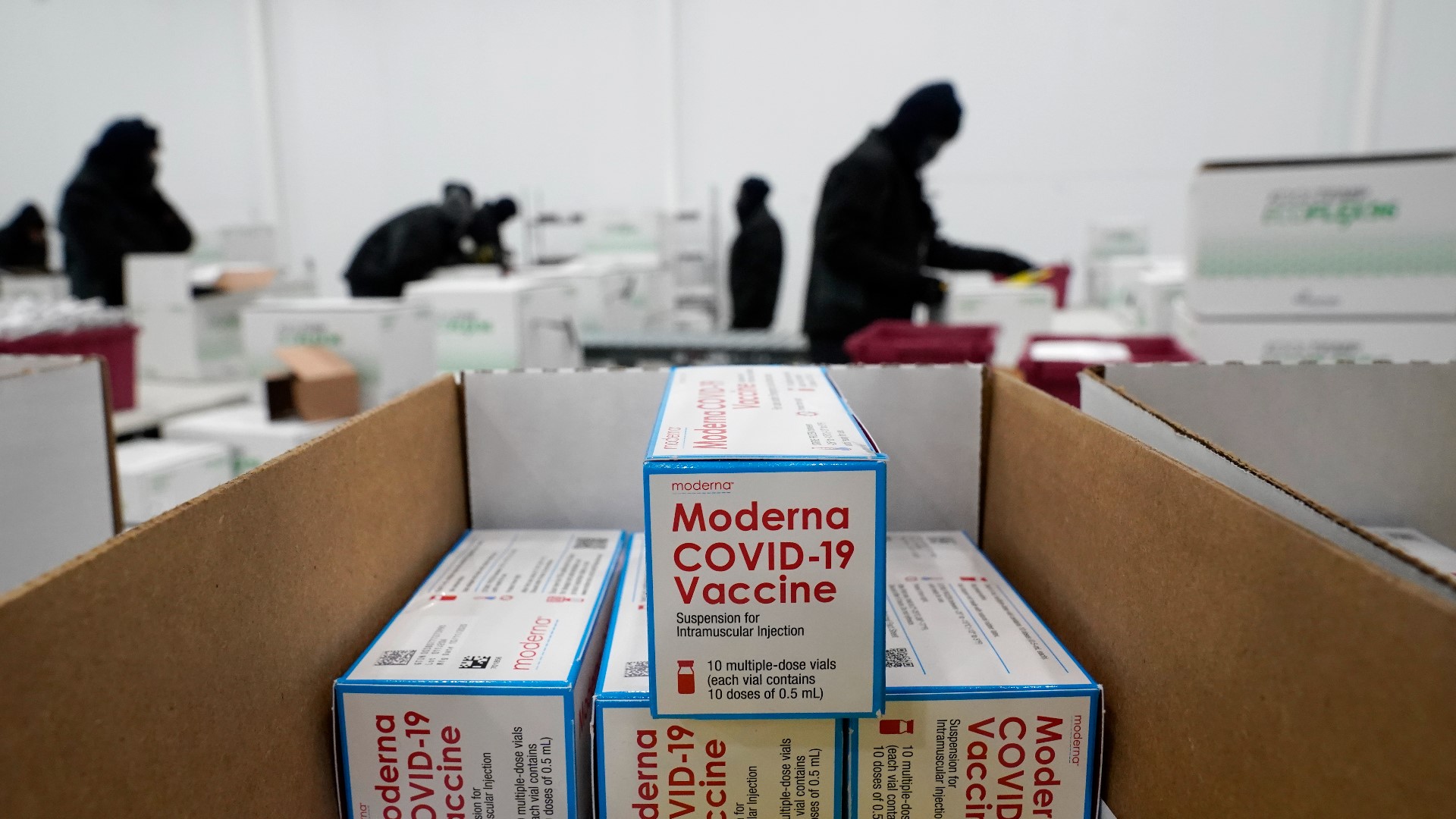ATLANTA — While many Americans have already had their third shot of the COVID vaccine, other vaccines taken as a child can last a lifetime, without the need of of an extra boost.
As a child, we get a couple of jabs to protect us from mumps, measles, and rubella, and we’re set for life. However, like replacing an old suit, we need a fresh tetanus shot every 10 years and we get a flu shot every year.
To understand why some vaccines need to be refreshed, you have to look at the way they're made as well as the way different viruses act.
The mumps, measles, and rubella vaccines, as well as the polio and chickenpox vaccines are made using weakened or inactive forms of the viruses.
“You just cook the virus,” Dr. Grace Gowda of UGA’s College of Pharmacy explained. “If you cook the virus it’s no longer alive. You can use the proteins that come out of it.”
However, Dr. Gowda added that using weakened or inactive forms of a virus is not a surefire way of creating a vaccine that lasts a lifetime.
“That’s what everybody wants, one shot,” said Dr. Gowda. “But I don’t think it’s a clear cut case.”
You also have to consider the viruses themselves. Some mutate, creating different variants or strains. The influenza virus does that, so we need shots each flu season to prepare for new strains.
However, the virus that creates measles replicates perfectly without mutations or variations. It’s not a creature that takes a different shape every year, so once your body learns to fight it, the fight doesn’t change.
Scientists continue to debate the best approach to creating vaccines while they continue to study viruses and the best way to fight them.

